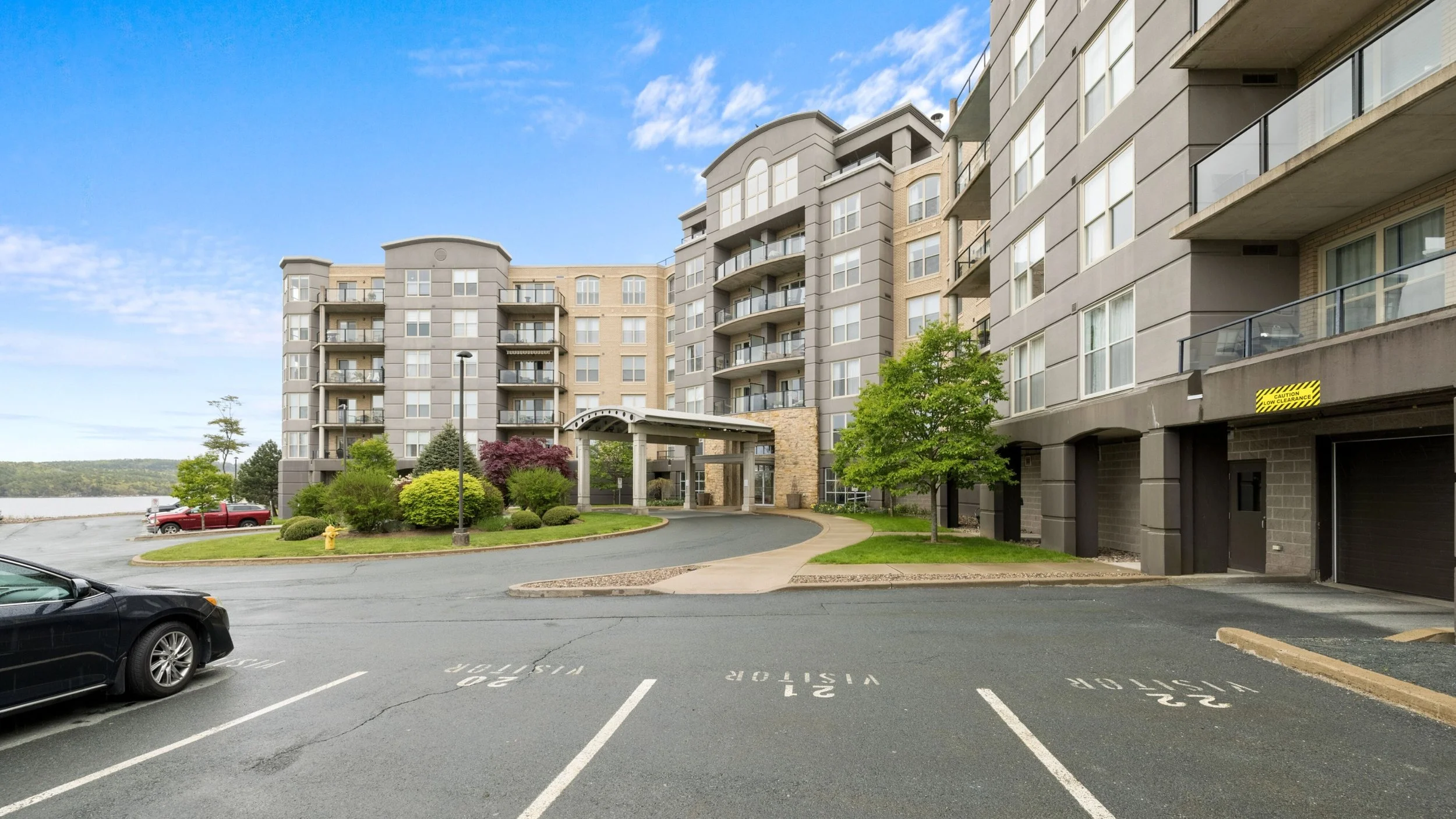As we approach the summer months, residents and tourists alike are always looking for ways to take a quick day trip around Halifax. The small communities and towns that surround our city offer natural wonders, charming shops, tasty restaurants and more. We are so fortunate to be one of the few cities in Canada surrounded by the ocean, and our residents love to take advantage of it when the weather is warm. If you are like most Haligonians, and are planning your next local getaway, keep reading to find our top 6 recommended day trips from Halifax!
Peggy's Cove and Mahone Bay
Are you ready for a coastal adventure? Head to Peggy's Cove, a picture-perfect fishing village that will steal your heart. The iconic lighthouse, perched on rugged granite rocks, offers a striking backdrop for unforgettable photos. Take a leisurely stroll along the shoreline, feel the ocean mist on your face, and embrace the serenity of this tranquil place (Just be sure to not step on the black rocks!) Afterward, venture to Mahone Bay, a charming town filled with colourful heritage houses and a waterfront straight out of a painting. Explore unique boutiques, and art galleries, and soak in the laid-back coastal vibe.
Lunenburg and the South Shore
Prepare to step back in time as you visit Lunenburg, a UNESCO World Heritage site that exudes old-world charm. Marvel at the beautifully preserved colonial architecture, wander through the cobbled streets and immerse yourself in the seafaring heritage. Take a trip to the Fisheries Museum of the Atlantic to learn about the region's rich maritime history. And don't forget to explore the South Shore's natural wonders, like Kejimkujik National Park and its beautiful forests, and Hirtle's Beach, where golden sands meet crashing waves.
Annapolis Valley and Grand Pre
Calling all wine enthusiasts and history buffs! The Annapolis Valley makes the perfect day trip destination with its rolling vineyards, apple orchards, and quaint towns. Make your way to Wolfville, home to Acadia University and a vibrant wine scene. Sip and savour award-winning wines at local vineyards including Lightfoot, Lucketts and Gaspereau vineyards and indulge in farm-to-table cuisine. Dive into the Acadian heritage at the Grand Pré National Historic Site, where you'll learn about the region's history and cultural significance. As you drive through the valley, soak in the idyllic scenery of farmlands and vine-covered hills.
Lawrencetown Beach and Eastern Shore
Need some beach therapy? Escape the city and head to Lawrencetown Beach, a surfer's paradise just a 30-minute drive from Halifax. Feel the soft sand between your toes, watch surfers ride the waves, or simply unwind while gazing at the endless horizon. After enjoying the beach, take a leisurely drive along the scenic Eastern Shore. Explore charming fishing villages like Fisherman's Cove, where you can sample fresh seafood, browse local boutiques, and soak up the coastal atmosphere.
Taylor Head Provincial Park
Ready for a nature-filled adventure? Taylor Head Provincial Park, located along the Eastern Shore, awaits your exploration. Lace up your hiking boots and wander through pristine forests, marvel at rugged coastal cliffs, and be rewarded with panoramic views of the Atlantic Ocean. The park offers a variety of trails catering to different fitness levels, so whether you're a seasoned hiker or a casual stroller, there's a path for you. Keep your camera handy, as breathtaking lookouts await around every corner.
Crystal Crescent Beach Provincial Park
If you're craving sun, sand, and sea, Crystal Crescent Beach Provincial Park is the place to be. Located just outside Halifax, this pristine coastal gem boasts three stunning white sand beaches, crystal-clear waters, and scenic hiking trails. Take a refreshing dip in the ocean, stroll along the shore with the salty breeze in your hair, and feel the warmth of the sun on your skin. It's the perfect spot to unwind and recharge your batteries.
Halifax offers a gateway to unforgettable day trips that showcase the province's natural wonders, coastal charm, and rich history. From the rugged beauty of Peggy's Cove and Lunenburg's historic treasures to the vineyards of the Annapolis Valley and the serene beaches along the Eastern Shore, there's something for every adventurer. So, pack your bags, hit the road, and get ready to create lasting memories as you explore the wonders that lie just beyond Halifax's doorstep!
Author: Jordan Gunn
Real Estate Assistant
Andrew Perkins Real Estate
Keller Williams Select Realty

































































































































